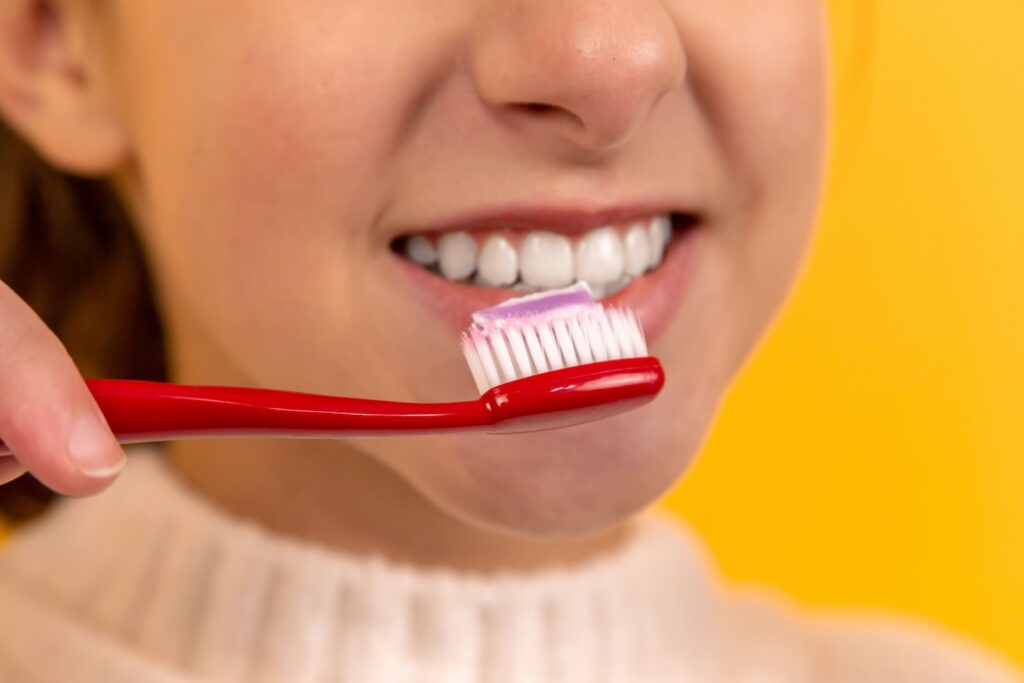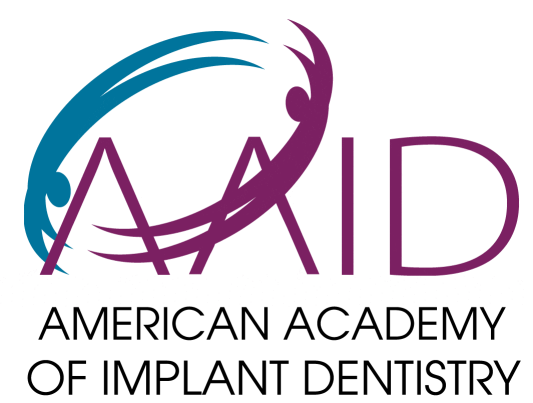Fluoride in dental care serves as a powerful mineral that strengthens tooth enamel, prevents cavities, and reverses early stages of tooth decay when used appropriately. Fluoride’s primary benefits include reducing tooth decay by up to 40%, strengthening weakened enamel through remineralization, and providing long-lasting protection against harmful oral bacteria, while potential side effects are minimal when used as directed but can include dental fluorosis from excessive consumption during tooth development.
Fluoride continues to be one of the most controversial and misunderstood elements in dental care, despite decades of research supporting its safety and effectiveness. Many people remain uncertain about its true impact on oral health, making it essential to understand both its remarkable benefits and appropriate usage guidelines.
Key aspects of fluoride in dental care include:
- Cavity prevention through enamel strengthening and bacterial inhibition
- Remineralization that can reverse early tooth decay damage
- Professional applications like fluoride treatments and prescription toothpastes
- Safe usage guidelines to maximize benefits while avoiding overexposure
Whether you’re a health-conscious individual, parent, or simply curious about dental science, understanding fluoride’s role in oral health will help you make informed decisions about your family’s dental care at Lansdowne Family Dental.

Fluoride: A Dental Ally
Fluoride is a naturally occurring mineral found in various sources, including water, soil, and certain foods. Its primary role in dental health is to strengthen the enamel, the outermost layer of our teeth. This fortification helps in warding off tooth decay and cavities, ensuring a healthier smile.
The Undeniable Benefits
- Enamel Reinforcement: Fluoride reacts with the enamel to form a more resistant layer against acid attacks, reducing the risk of cavities.
- Reversal of Early Decay: In its initial stages, tooth decay can be reversed with the help of fluoride, preventing further damage.
- Inhibition of Harmful Bacteria: Fluoride can reduce the ability of bacteria in the mouth to produce acid, thus minimizing tooth erosion.
- Cost-effective Dental Solution: Fluoridated water and dental products are a cost-effective way of preventing dental caries, especially in communities with limited access to dental care.
The Flip Side: Concerns and Considerations
While fluoride offers numerous benefits, it’s essential to be aware of its potential drawbacks:
- Dental Fluorosis: Excessive fluoride consumption during the tooth-forming years can lead to dental fluorosis, a cosmetic issue that affects the appearance of teeth.
- Possible Health Concerns: High levels of fluoride intake might be linked to certain health issues, although research in this area remains inconclusive.
Fluoride in Daily Dental Care
Incorporating fluoride into our daily dental routine can be achieved through various means:
- Toothpaste and Mouthwashes: Most kinds of toothpaste and some mouthwashes contain fluoride to enhance tooth protection.
- Professional Treatments: Dentists often offer fluoride treatments, especially for those at higher risk of tooth decay.
- Dietary Supplements: In areas where water isn’t fluoridated, fluoride supplements might be recommended, especially for children.
Making an Informed Decision
It’s crucial to consult with a dental professional when considering fluoride treatments or supplements. They can provide guidance tailored to individual needs and circumstances.
Communities and Fluoridation
Many communities around the world add fluoride to their water supply, a practice known as water fluoridation. This public health measure has proven effective in reducing tooth decay across populations, especially among children. However, the decision to fluoridate water should be based on the specific needs and preferences of each community.
For residents of Ashburn, Leesburg, Sterling, and Lansdowne, VA, choose Lansdowne Family Dental for quality dental care. We offer various dental services with a patient-centric approach. Start your dental journey with us. Contact us!
The Global Perspective
The World Health Organization and various dental associations worldwide endorse the use of fluoride in dental care due to its proven benefits. However, the recommended fluoride levels might vary based on regional dietary patterns and other factors.
In Conclusion
Fluoride plays a pivotal role in maintaining dental health. While it offers numerous benefits, it’s essential to use it judiciously and under the guidance of a dental professional. By staying informed and making conscious choices, we can ensure a brighter, healthier smile for years to come.
FAQs
- Is fluoride safe for children? Yes, but it’s essential to use the right amount. Children under three should use a smear of toothpaste, while those aged three to six should use a pea-sized amount.
- Can adults benefit from fluoride? Absolutely! Adults can benefit from fluoride to strengthen their teeth and prevent decay.
- Is it possible to have too much fluoride? Yes, excessive fluoride can lead to dental fluorosis in children and potential health concerns.
- Do all bottled waters contain fluoride? No, the fluoride content in bottled water varies. It’s essential to check the label if you rely on bottled water as your primary drinking source.
- How often should one get professional fluoride treatments? It depends on one’s risk of cavities. Some might benefit from treatments every three to six months, while others might need them less frequently.
- Are there alternatives to fluoride in dental care? While fluoride is highly effective, there are alternative products available, such as xylitol-based kinds of toothpaste. However, their efficacy might differ.






